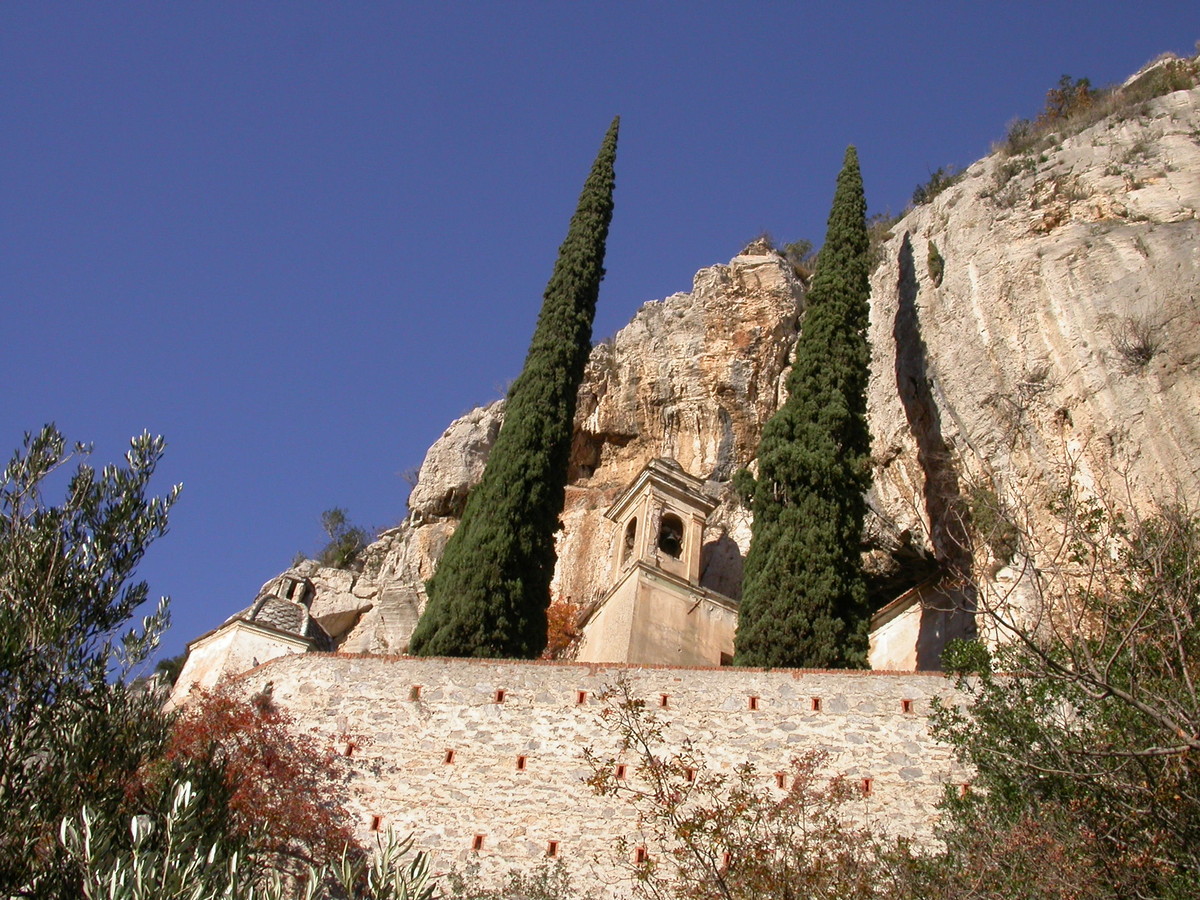If you want to explore this beguiling village, hire a vehicle and take an unforgettable journey through nature.
Just a few kilometres from Loano is Toirano, an ancient village inhabited roughly by 2,600 people. Its historical roots stretch back to twelve thousand years ago . One thing to be certain of, its impossible to get bored. It offers numerous underground caves ,cliffs, and festivals . Archeological evidence suggests that first people to settle in Liguria settled there in the ice age. In fact, the geographical position and the favourable conditions have allowed human settlement in the Val Varatella territory.
A bit of history
The history of this village is complex yet intriguing for anyone with intellectual curiosity. Toirano.survived the Roman, Byzantine and Medieval eras. In 1385, its the feudal rights were passed to the Republic of Genoa. It suffered heavy pillage in 1438 when it was attacked by captain Nicolò Piccinino, a famous mercenary who was born in 1386 and died 1444. In the 16th century, the area was favoured by the development of olive and vine cultivation and industrial growth with the construction of several oil mills, the ‘gumbi’, and water-powered mills. In 1795, the Toirano area was involved in a clash between the French and the Austro-Sardinians ( Battle of Loano), causing severe economic decline . On the 12th of August 1944 the town suffered a bloody Anglo-American aerial bombardment. Despoite all these tragic events that Toirano outstands history .
Attractions
If you don’t want to miss anything, hire a vehicle! This way you can comfortably explore the natural and historical beauty of Toirano. Places to see include the historic centre, the Varatella Valley Ethnographic Museum, the rock sanctuary of Santa Lucia ,the 8th Abbey of San Pietro in Varatella. the Carthusian Monastery and the mills . However, the main attraction is the Toirano Caves which are not only famous in Italy but all over Europe.
A few words on the Toirano Caves
Climbing up the Val Varatella, just beyond Toirano, one encounters spurs of a limestone massif of grey dolomites, furrowed by a series of valleys, in which more than 50 natural caves open up, still the subject of research by international scholars. However, only two caves are open to the public: the Grotta della Bàsura or cave of the witch and the Grotta di S.Lucia. The first is certainly the most spectacular. In this cave, the cave bear (Ursus Spelaeus) found refuge for millennia and there is also evidence of Upper Palaeolithic man. In the Grotta di S. Lucia, on the other hand, one can admire a series of formations of thin aragonite crystals covering the walls. Some of the rooms, of vast proportions, have enormous stalactites, also covered in aragonite crystals. Near the exit, you can visit the mysterious and ancient rock sanctuary of St Lucia.



